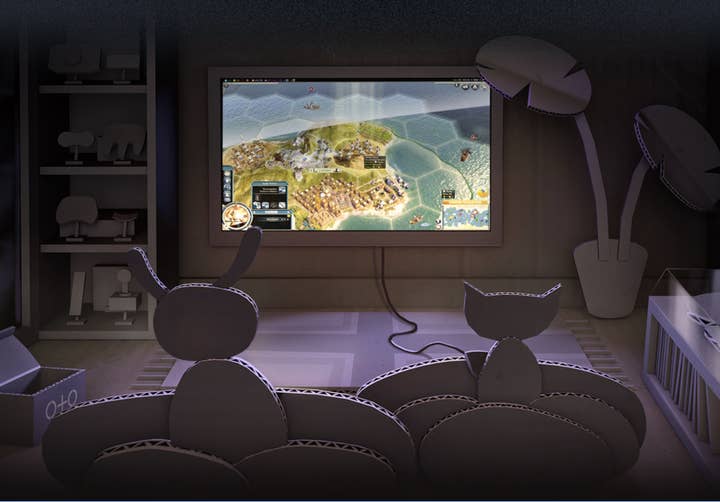Can Steam Machines succeed?
It's important to realize that Valve won't be measuring success the same way that Sony or Microsoft or Nintendo will
Last week Valve revealed its grand plan for putting Steam into the living room, and in the process raised many questions. Is Gabe Newell crazy, or crazy like a fox? Will Valve's new controller really allow keyboard and mouse games to work in the living room? Can the 'GabeCube' take business away from video game consoles by Nintendo, Sony, or Microsoft? What's the real potential for profit here?
Valve's announcement, presented in three parts, puts forth an interesting picture. Valve is creating its own Linux-based operating system, SteamOS, centered around running games. This OS will be free, and people are encouraged to install it on any computer. Valve already has many games running on SteamOS and plans to get many more on the OS. Games can also be streamed within your home from a PC or Mac to a device running SteamOS.
The intent is to have an easy-to-use way to run PC-style games in the living room/family room on your big-screen TV, and for the hardware part of it Valve is creating a specification for Steam machines.
Keep reading the full feature at our sister site the [a]list daily.









